

Whether it’s following the low-fat diet of Okinawa, Japan, or the higher-fat diet of the Mediterranean, people who live longest get their fats from natural foods alongside a host of other wholesome nutrients.
Look at the traditional diets of people in long-lived communities and intakes of fat are well below international recommendations. The World Health Organization recommends that for health total fat shouldn’t exceed 30 per cent of calories. But in terms of longevity, we should look to the traditional diets of the Mediterranean and Okinawa.
Figures certainly seem to support a low-fat diet for longevity. But if this is the case then why do people from countries in the Mediterranean – where fat intakes are much higher – live longer, too? Researchers believe the answer is down to the types of fat those people are eating and what other nutrients that fat comes with.
Traditional Mediterranean diets are high in fat, but they’re reasonably low in saturates and trans fats (see below). Italy, for example, has one of the lowest intakes of trans fats in the western world. Much of the fat Italians eat is unsaturated, coming from olive oil, nuts, seeds, and oily fish.
31%
of all deaths worldwide were due to cardiovascular disease in 2015 – equal to 17.7 million people.
It’s a similar picture in Japan. Yes, fat intakes are much lower to start with, but so are saturates. Just 15g of the daily fat in Japanese diets is saturated fat (compared with 26g in America; a healthy limit is no more than 20g saturates a day). Instead, much of their fat is eaten as omega-3 fats via a fish-rich diet.
Add these facts together and it’s easy to see it’s probably not so much the total amount of fat we have in our diet that affects our health but the type of fat we eat.
High intakes of saturates and trans fats increase blood cholesterol, a key risk factor for heart disease. But research is increasingly showing these fats may also increase the risk of other diseases, including obesity, type 2 diabetes, dementia, and certain cancers, most likely because they trigger inflammation in the body. Unsaturated fats, it seems, either don’t increase the risk or seem to help protect us from such diseases.
Being smart about including fat in your diet is as simple as 1, 2, 3. First, avoid trans fats in high-fat, processed foods. Second, limit your intake of saturates by cutting back on animal-based foods; research is ongoing to clarify saturates’ role in heart disease, but health organizations advise cutting saturates intake. Third, choose more ingredients that naturally contain unsaturates, both monounsaturates and polyunsaturates.
LOSE
Trans fats
Artificial trans fats raise “bad” cholesterol and lower “good” cholesterol levels. Avoid such fats, mostly hidden in processed foods.




LIMIT
Saturates fats
Saturated fats tend to be solid at room temperature and increase levels of cholesterol in the blood. Limit your intake of these foods.
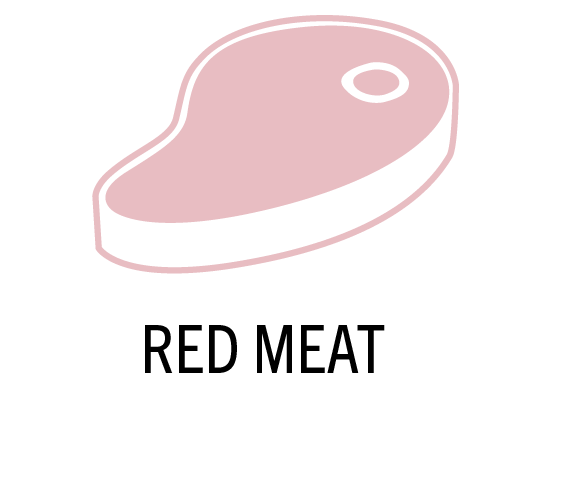
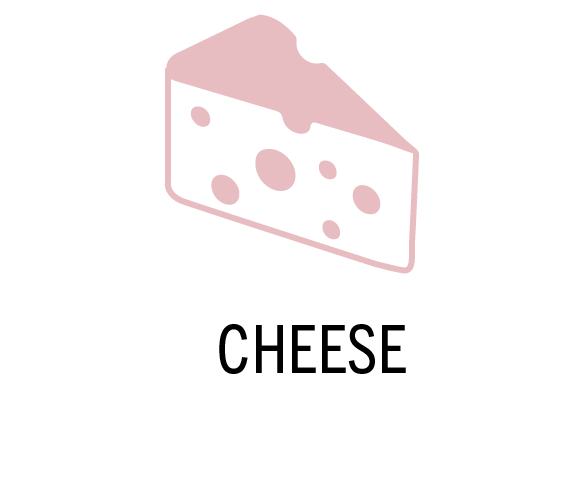
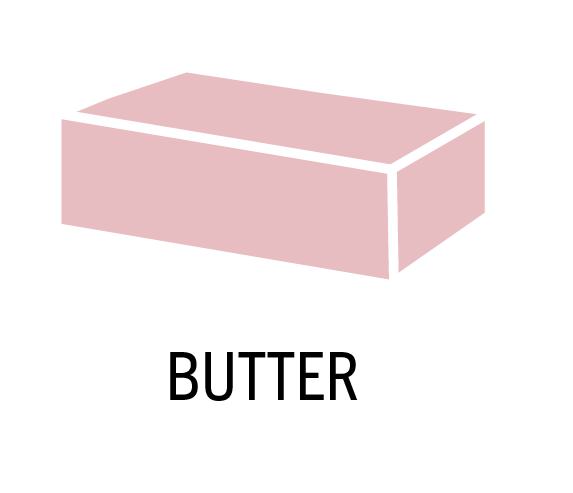
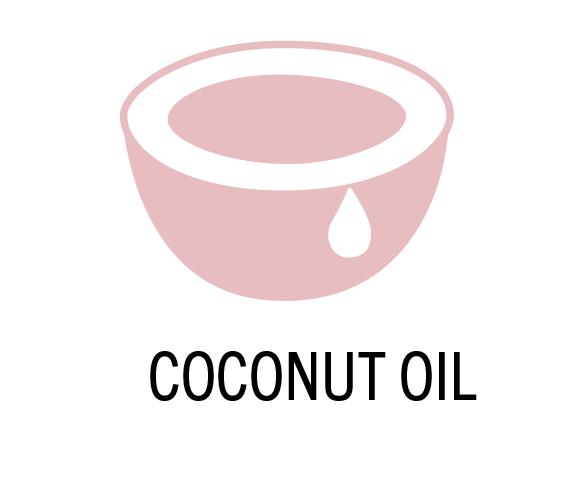
LIKE
Polyunsaturates fats
These fats (omega-3 and -6) promote levels of “good” cholesterol and provide essential fats for a healthy brain and skin.
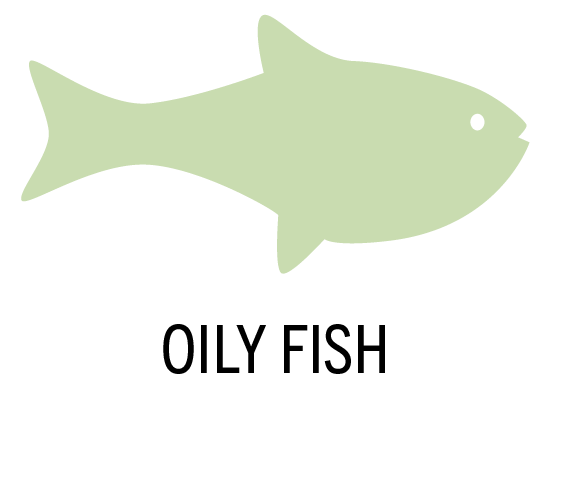
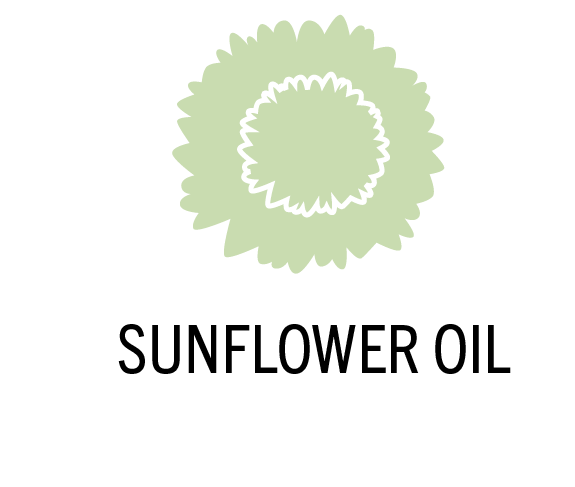
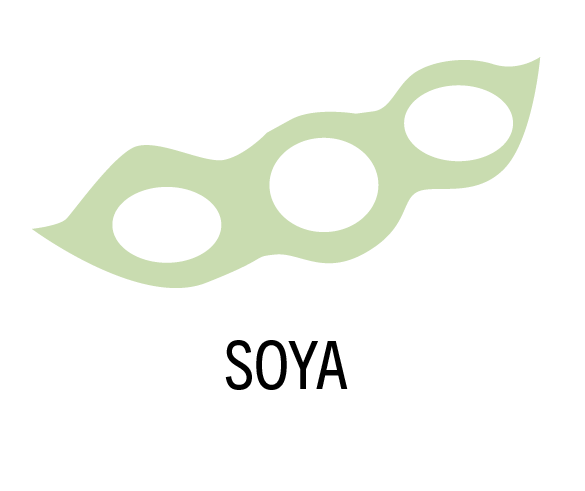
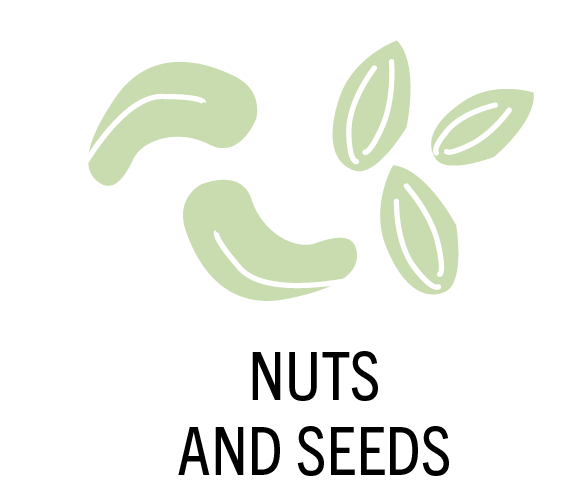
LOVE
Monounsaturates fats
These fats contribute to a healthy lipid profile in the blood – they reduce both cholesterol and triglyceride levels.
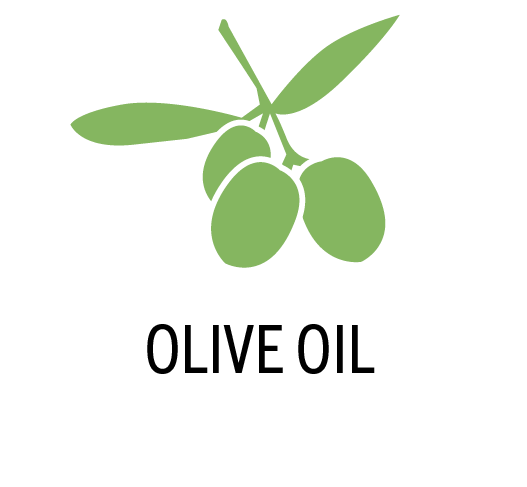
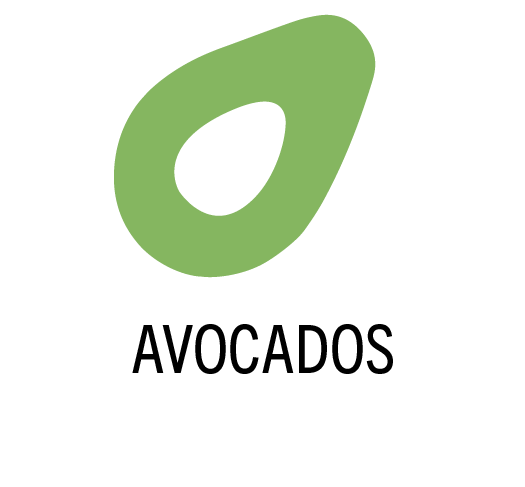


The coconut conundrum
Coconut oil is over 85 per cent saturates – far higher than butter (52 per cent). Advocates say the fat in coconut is different and doesn’t raise blood cholesterol. Most studies don’t back this up; in fact, some studies show that it does indeed raise “bad” cholesterol.

